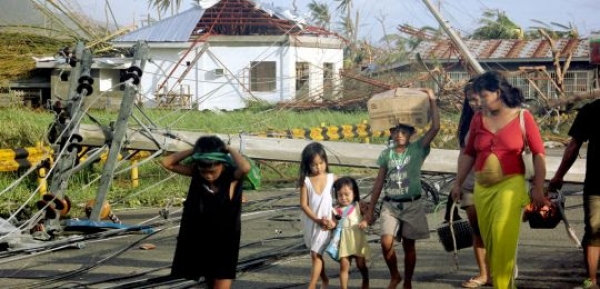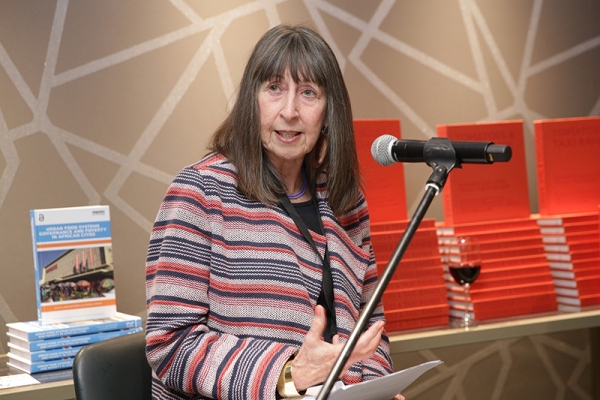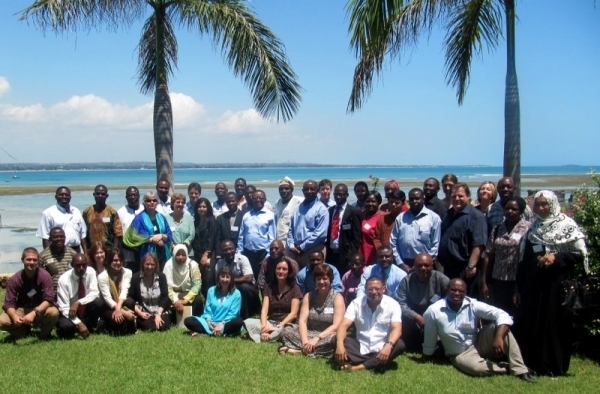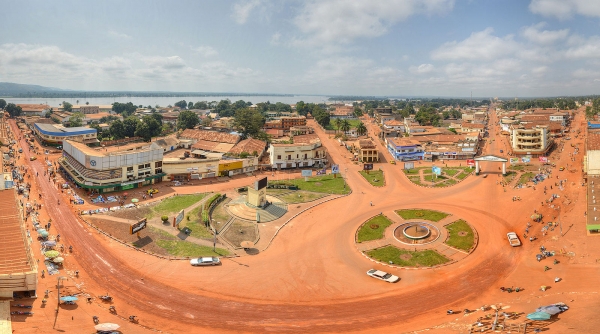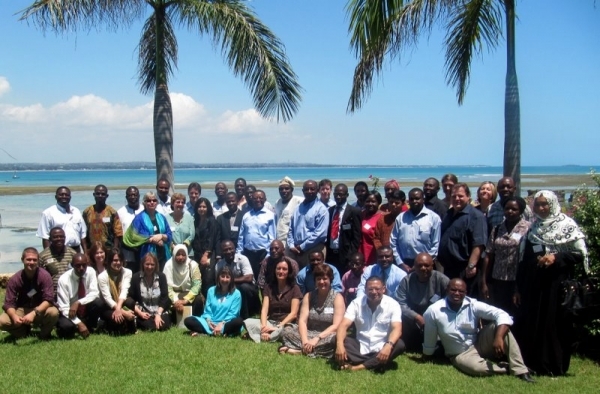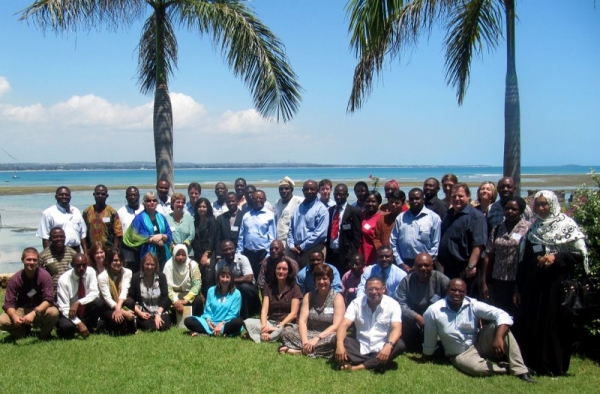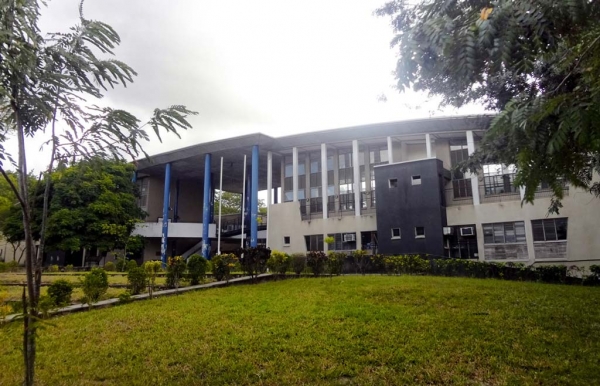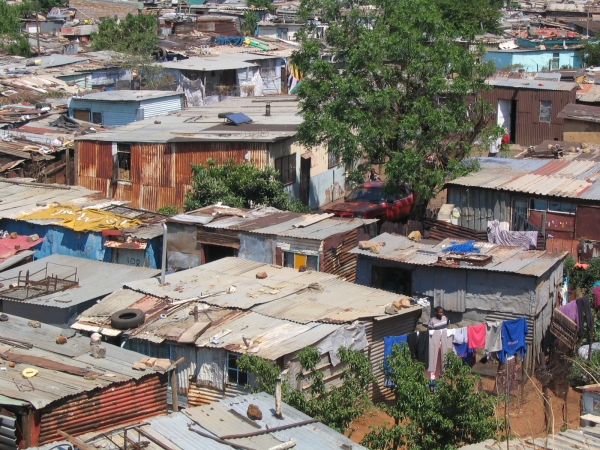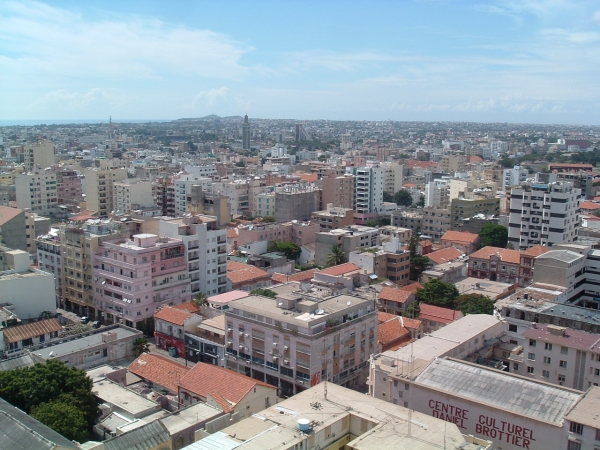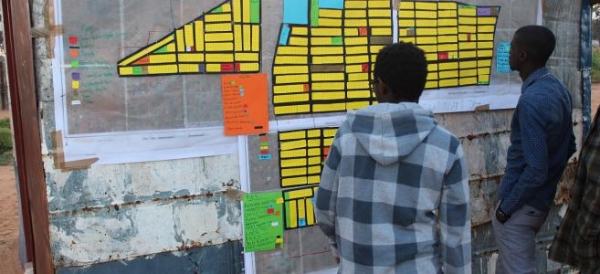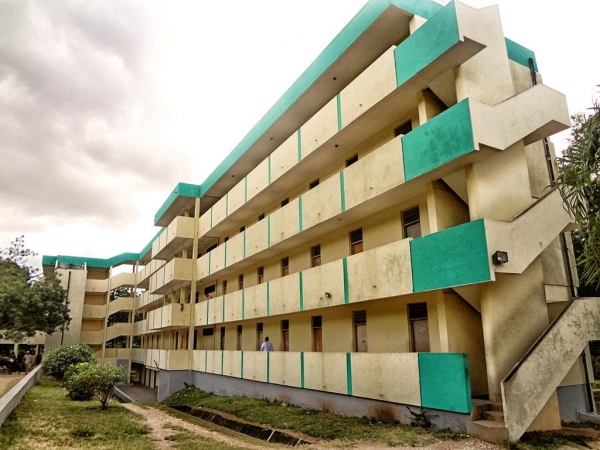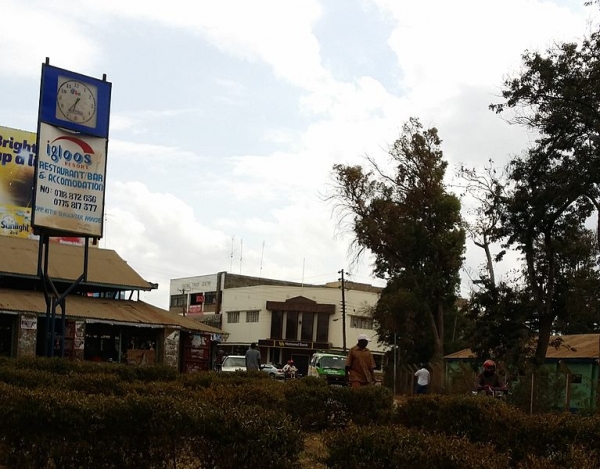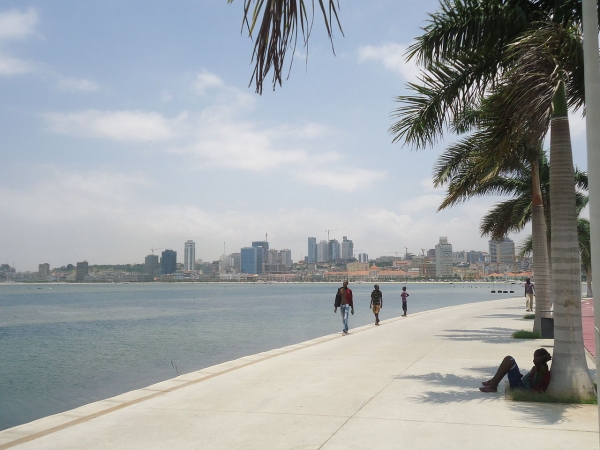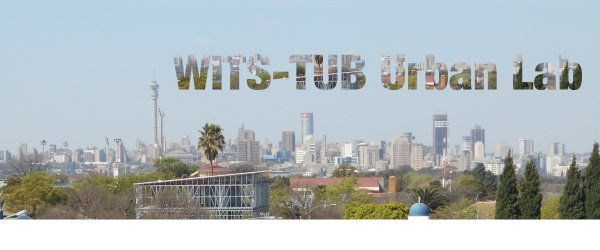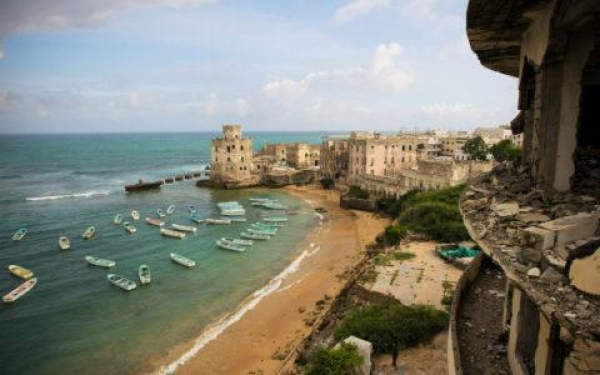IIED is inviting proposals for original research that improves understanding of how to promote the protection of particularly vulnerable groups in the context of urban humanitarian crises and responses. The closing date is 29 February 2016.
Researchers have until 29 February 2016 to submit proposals for research projects (PDF) that can contribute to the goal of improving humanitarian response in urban contexts.
With funding from the Department for International Development (DFID), the Urban Crises Learning Fund aims to build an in-depth understanding of how the humanitarian sector can most effectively operate in urban contexts.
The fund will work to fill evidence gaps by facilitating primary research, reflecting on past humanitarian responses, developing new tools, and learning from experiences in other fields. This is the second of four planned thematic calls for proposals, with the next two calls to be released at quarterly intervals in 2016.
Focus: protecting vulnerable groups
The focus of this call is on examining the ways to promote and ensure the protection of particularly vulnerable groups in urban areas in the context of humanitarian crises and responses.
Populations who may be rendered particularly vulnerable in an urban crisis include women, children and the elderly, recent migrants, and those living in informal settlements, among others. Large refugee influxes in to urban areas also generate a complex array of protection challenges.
There are no geographical restrictions on the study locations, nor on the type of humanitarian crisis being addressed, as long as proposed studies contribute new evidence and understanding to the topic. Indicative topics or themes might include, but are not limited to, examining and analysing:
- Approaches to and methods for social, economic, physical, rights-based and/or legal protection of vulnerable populations
- Case studies of local experiences of promoting protection of vulnerable populations in the course of an urban humanitarian response, in order to highlight opportunities, challenges and lessons learnt
- Approaches to protection which seek to address the link between underlying chronic vulnerability and the acute vulnerability created by crisis situations, for example by addressing livelihoods, shelter or education
- Approaches to ensuring accountability to crisis-affected urban populations, including for example consideration of the role of protection actors such as law-enforcement, or innovations in communications and technology which facilitate accountability, and
- Consideration of the conditions, such as broader institutional frameworks or systems, which enable vulnerable populations to be adequately identified, included and supported during crisis situations.
The research should be framed in such a way that it is of relevance to local governments, national and international NGOs, and other actors in the field of urban humanitarian response.
This call is open to researchers and practitioners globally, whether independent or part of an organisation in the public, non-profit or private sector. We encourage collaborative research projects where local partners play a substantial role in the study process.
Further information
- IIED expects to fund between three to five projects with budgets in the range of GBP£15,000-30,000 per project in this second call.
- Successful applicants will be expected to produce a working paper (up to 15,000 words) and a policy briefing paper (2,000 words) to be published in English as an IIED product (with appropriate co-branding as relevant).
- IIED will facilitate a process of review of the working papers and will provide editorial support in the publication process.
- IIED expects each research project to last between three to six months, with an expected contract start date of 15 April, 2016 and completion and publication of research outputs by 31 December, 2016.
Submission process
- The deadline for submissions is 12pm (GMT) on 29 February, 2016.
- Submissions should be in the form of a brief proposal that follows the detailed information set out in the PDF guidelines.
- Submissions and any queries should be sent by email to diane.archer@iied.org.
Contact
Diane Archer (diane.archer@iied.org), researcher, IIED’s Human Settlements Group

